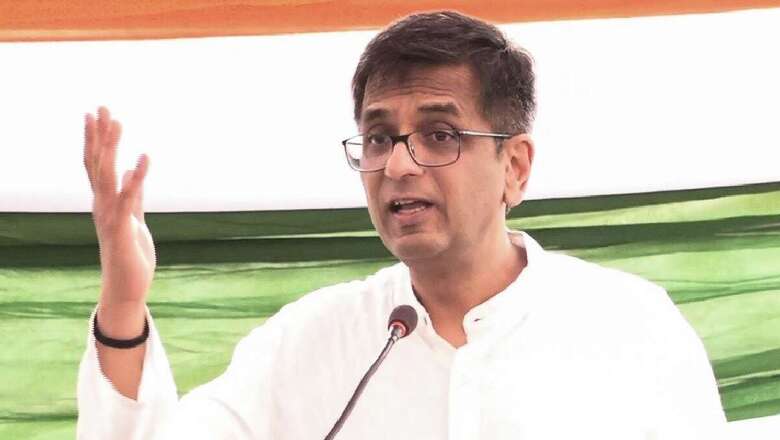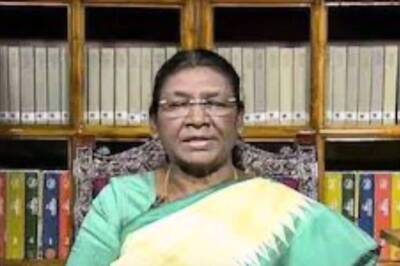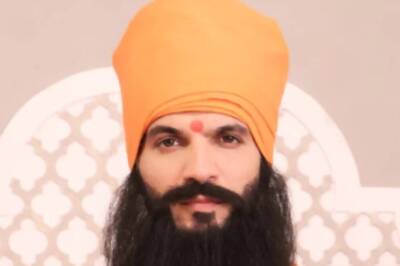
views
There’s a massive meltdown in the self-proclaimed Left-liberal space. Paid-up members of this club are baring fangs at DY Chandrachud, the Chief Justice of India. The so-called ecosystem couldn’t believe that the CJI declared in a speech that he turned to God to guide him in writing the Ayodhya judgment.
The anti-Modi ecosystem, though disappointed with the judgment when it was delivered in 2019, wasn’t prepared to single out the incumbent CJI back then because he was just one of five judges on the bench. But now, all these years later, the ecosystem is at it. The CJI’s remark that God divined the final award in the Ayodhya case has ticked off several so-called liberals.
The first hint of disenchantment bubbled up to the surface when the CJI didn’t oblige the ecosystem by overturning the abrogation of Article 370, which gave special status to Jammu and Kashmir. That disappointment was compounded by the fact that a CJI-led bench refused to stay the implementation of the Citizenship (Amendment) Act, or CAA, rules. And to top it all off, the CJI has even released a video of himself with the Prime Minister offering oblations to Lord Ganesh at a pandal put up at the top jurist’s home.
While the ecosystem might try its best, facts just don’t support the malign thesis. Today, the self-proclaimed Left-liberal cohort may choose to ignore it, but even the Ayodhya judgment rubbed a number of devout Hindus the wrong way by holding up the architecture of the Places of Worship Act, 1991. This Act denies Hindus the privilege to reclaim the several other Ayodhyas they believe should devolve to them. And a year before the Ayodhya judgment, the Supreme Court in 2018 upheld the right of women to enter the Sabarimala shrine in Kerala. This verdict shocked several Hindus, and was delivered by a bench led by then-CJI Dipak Misra and included the incumbent CJI, who penned a separate yet concurring opinion.
The top court ruled that Rule 3(b) of the Kerala Hindu Places of Public Worship Rules, 1965, which allowed the exclusion of women based on custom, was unconstitutional. Then, at another time, a CJI Chandrachud-led bench refused to entertain a PIL seeking rights for Hindus and others to manage their religious places like Muslims. The bench said the matter was within the legislature’s domain and the court wouldn’t entertain it.
To be sure, the courts have taken up matters of minority religious rights in the past. In this respect, the Santhara case stands out. In 2015, the top court upheld the Jain ritual of fasting unto death, ruling it as an essential tenet of Jainism. The Supreme Court overruled a high court order, saying it infringed on secularism and did not consult Jain scholars. In 1987, three students were rusticated from a Kerala school for claiming their religious beliefs did not permit them to sing the national anthem. The Supreme Court overruled the action of the school authorities, saying they were violative of the Fundamental Right to Freedom of Conscience and Religion.
Keeping these facts in mind, it won’t be easy to tar the CJI today. The bilious attack of the ecosystem on the CJI is perhaps just the latest disinformation campaign aimed at shaking public confidence in higher institutions.



















Comments
0 comment